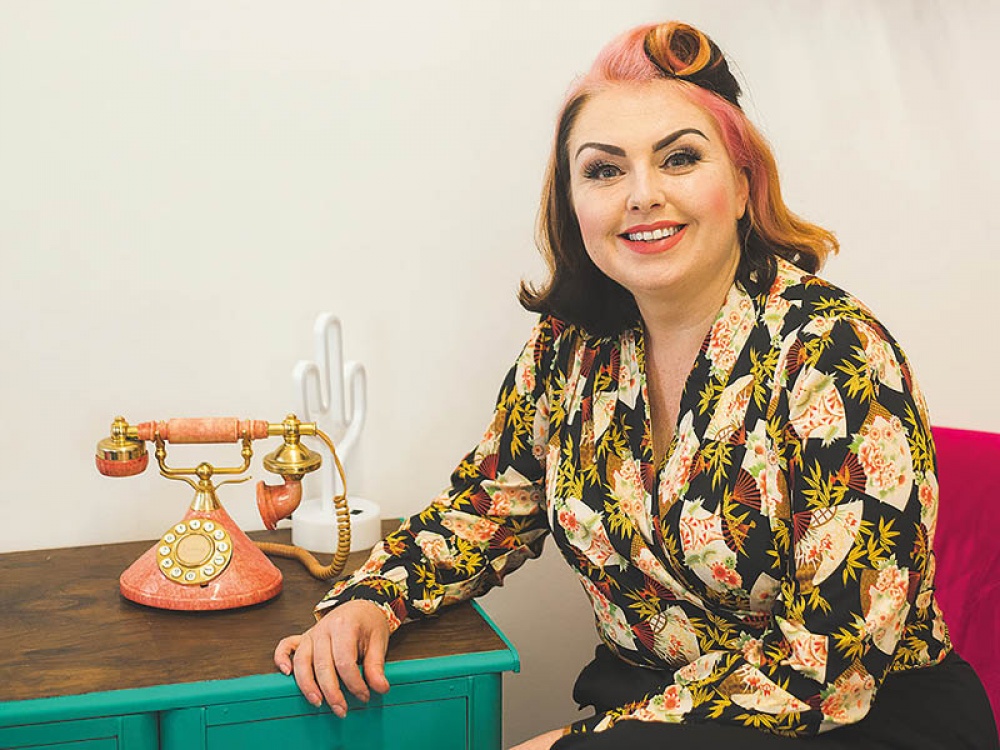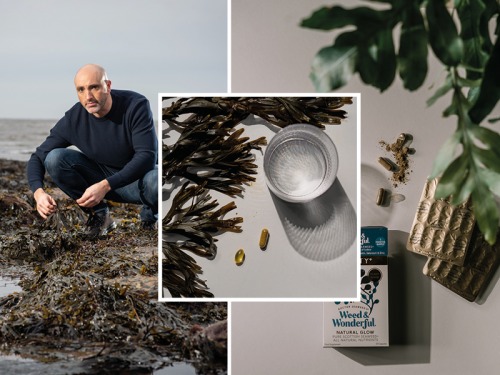What it Means to Be a Highly Sensitive Person and How to Control Your Emotions

Elizabeth Joseph investigates just what it means to be a Highly Sensitive Person (HSP) and what to do to help get your emotions under control
HSPs have an extremely sensitive nervous system. They often find themselves deeply affected by their environment, both negatively and positively. They may struggle with strong smells, bright lights, loud noises and itchy clothing yet also enjoy deep, rich inner lives and can find themselves moved to tears by a piece of music or a few lines of prose.
This isn’t a disorder or a condition, it doesn’t require treatment, it is a personality trait, although as Lou Wilson, an HSP herself explained to me, ‘it’s thought that the mirror neurons in the brain are more active in highly sensitive people.’ Now, ‘mirror neurons’ may well be as new a concept to you as HSPs – indeed, I had heard of neither before I spoke to Lou Wilson, a solution-focused hypnotherapist, based in Whitley Bay.

Lou informs me that a mirror neuron is a type of brain cell that fires when we execute an action and observe an action being executed. Think back to the last time someone smiled at you in the street and you instinctively smiled back – and it made you feel good. That’s your mirror neurons that is! ‘That’s how HSPs are more attuned to other people’s moods and are able to pick up on subtleties in their environment,’ explains Lou.
Overall, about 15 to 20 percent of the population are thought to be highly sensitive and it is a personality trait found equally in men and women. However, it is interesting to note that not as many men identify as being highly sensitive. Maybe, as Lou suggests, this is because society quite often views being highly sensitive as a weakness and probably more so in a man.
So how do you find out more, especially if you suspect you may have this personality trait? Well, not only has Elaine Aron written a book; The Highly Sensitive Person, but she has also developed an online test. The test has 27 statements such as ‘I startle easily’ and ‘I find it unpleasant to have a lot going on at once’, to tick if they are true, or somewhat true for you. A score of 14 or more would indicate that you are indeed an HSP. ‘It’s not a diagnosis,’ says Lou, ‘but if you score highly, it suggests you are a highly sensitive person.’
I’m interested to know whether HSPs are born or made. ‘It is predominantly a genetic trait,’ Lou explains. ‘It can however, be exacerbated by your surroundings and situation. If you, for example, had a mum who in order to keep her happy, or to keep yourself safe, you had to behave in a certain way, then you might be more practised and in tune with looking out for people’s reactions than others.’
This, or similar, may or may not have been your experience, but if you are an HSP it is highly likely that growing up you were often told to toughen up, to grow a thicker skin, to stop overreacting, to stop taking things personally. Or is that just me?
‘Most HSPs will grow up being told they are too sensitive. People often get wrongly labelled as either shy, or anxious,’ says Lou.
Lou often has people coming to see her for help as they feel overwhelmed or are struggling with high levels of anxiety. ‘They are unaware that they are HSPs,’ says Lou, ‘and quite often the phrases I hear are either, “there’s something wrong with me” or “why can’t I cope like other people cope?” As a solution-based hypnotherapist Lou doesn’t take people back through their lives but rather helps them look at how they would like to be in the future. She helps them to set boundaries, silence their inner critic, supercharge their resilience and to facilitate real change in their lives.
‘There’s this perception that sensitivity equals weakness and that’s actually not the case.’ Lou goes on to explain that there are a whole host of positives than come with being a highly sensitive person. ‘HSPs often notice things that others do not, they are able to pick up on subtleties and body language that ultimately allows them to develop strong social skills; awareness of the moods of others means that HSPs tend to make excellent leaders, managers and negotiators. Not to mention, the ability to find pleasure in the simple things, like the smell of your morning coffee, or a nice sunrise… with the right tools, in the right environment you can totally thrive,’ she says.
If you have been struggling, becoming aware of this personality trait can allow you to identify your specific areas of sensitivity and develop coping strategies. Whether that is choosing clothing without tags, labels and irritating seams or buying sunglasses, noise cancelling headphones to minimise over stimulation, or simply taking yourself off somewhere quiet when you feel the need.
We live in a world where we are constantly over stimulated, be that by fluorescent lights, the noise of traffic or crowds of people. ‘Because HSPs are processing it all at a deeper level it depletes us, so there is a real need for down time and to prioritise self-care in whatever form that takes for you,’ explains Lou.
It would appear that, post pandemic, we are finally all allowing ourselves to see that resting and self-care are necessary parts of our lives and not a sign of giving in or being weak.
If any of this is resonating with you then, if you don’t already, please start looking after yourself as well as you look after everyone around you. And if you just shook your head and thought ‘I wish it was that simple!’ then maybe go and have a chat with Lou at Nurture Hypnotherapy. She really helped me, and I scored 24 on the test!










